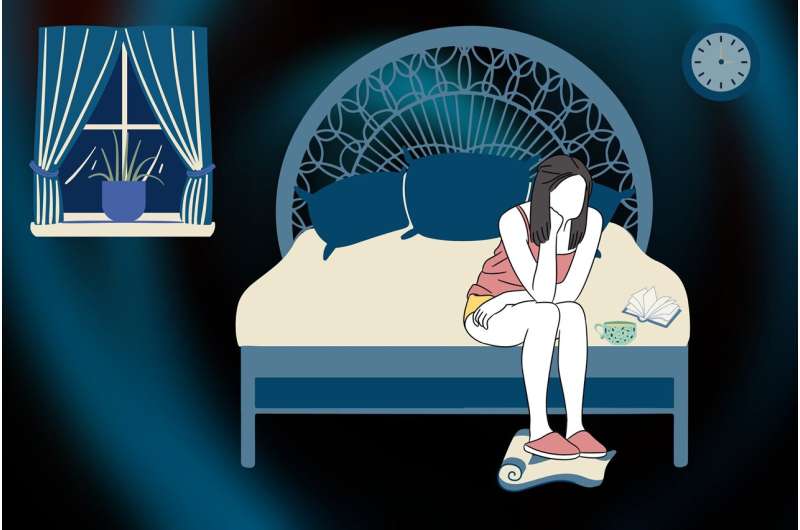US Childhood Vaccination Rates Decline Once More Amid Rising Exemptions

Childhood vaccination rates in the US have declined again, with exemption rates reaching new highs, raising concerns amid ongoing disease outbreaks. Learn more about the latest vaccination trends and public health implications.
Recent data reveals that childhood vaccination rates in the United States have decreased again, with a record surge in vaccination exemptions among kindergartners. According to federal statistics posted on July 31, 2025, the immunization coverage for the 2024-25 school year dropped slightly, with 92.5% of kindergartners receiving their measles-mumps-rubella (MMR) vaccines. This figure falls below the pre-pandemic level of 95%, a threshold vital for preventing outbreaks.
Simultaneously, the proportion of children obtaining exemptions from vaccination requirements hit an all-time high of 4.1%, up from 3.7% the previous year. This marks the third consecutive year of increasing exemption rates, most of which are due to parents choosing not to vaccinate their children for nonmedical reasons. Notably, the percentage of children with medical exemptions remained steady at around 0.2%.
The rise in exemptions correlates with the declining vaccination coverage and is a concern given the ongoing measles outbreak, which has seen over 1,300 cases—the worst in more than three decades. Public health authorities emphasize that vaccination remains the most effective defense against serious diseases like measles and whooping cough, which can cause severe health complications and hospitalization.
Data also show disparities among states, with Idaho reporting that 15.4% of kindergartners had exemptions to one or more vaccines, whereas Connecticut had fewer than 0.5%. Experts suggest that policies affecting exemption ease, local attitudes, misinformation, and the political climate surrounding COVID-19 vaccines influence these rates.
Health officials continue to advocate for high vaccination coverage to prevent community outbreaks, as vaccination mandates in schools play a crucial role in controlling the spread of infectious diseases. They urge parents to consult healthcare providers for information and to make informed decisions that prioritize children's health.
Source: https://medicalxpress.com/news/2025-07-childhood-vaccination-fall-exemptions.html
Stay Updated with Mia's Feed
Get the latest health & wellness insights delivered straight to your inbox.
Related Articles
COVID-19 Pandemic Could Accelerate Brain Aging, New Research Finds
New research indicates that the COVID-19 pandemic may have sped up brain aging in adults, highlighting the mental health impact of global stressors beyond infection. The study emphasizes potential reversibility of these effects and the importance of environmental factors on brain health.
Cerebroplacental Ratio Enhances Delivery Decisions in cases of Perceived Reduced Fetal Movement
A new study shows that assessing the cerebroplacental ratio during ultrasound can improve decision-making for labor in pregnancies with perceived reduced fetal movement, leading to better outcomes.
The Effects of Sleep Disruption and Mood Medications on Women's Hormonal and Mental Health
Disruptions in sleep patterns and the use of mood-stabilizing medications can significantly impact women's hormonal balance and mental health. Recent research highlights the importance of understanding biological rhythms to develop better treatment strategies.
Early Indicators: How Lifestyle-Related Brain Chemical Changes May Signal Dementia Risk
A groundbreaking study reveals that lifestyle-related changes in brain chemistry may serve as early indicators of dementia risk, highlighting the importance of modifiable factors like diet, exercise, and social engagement for brain health.



